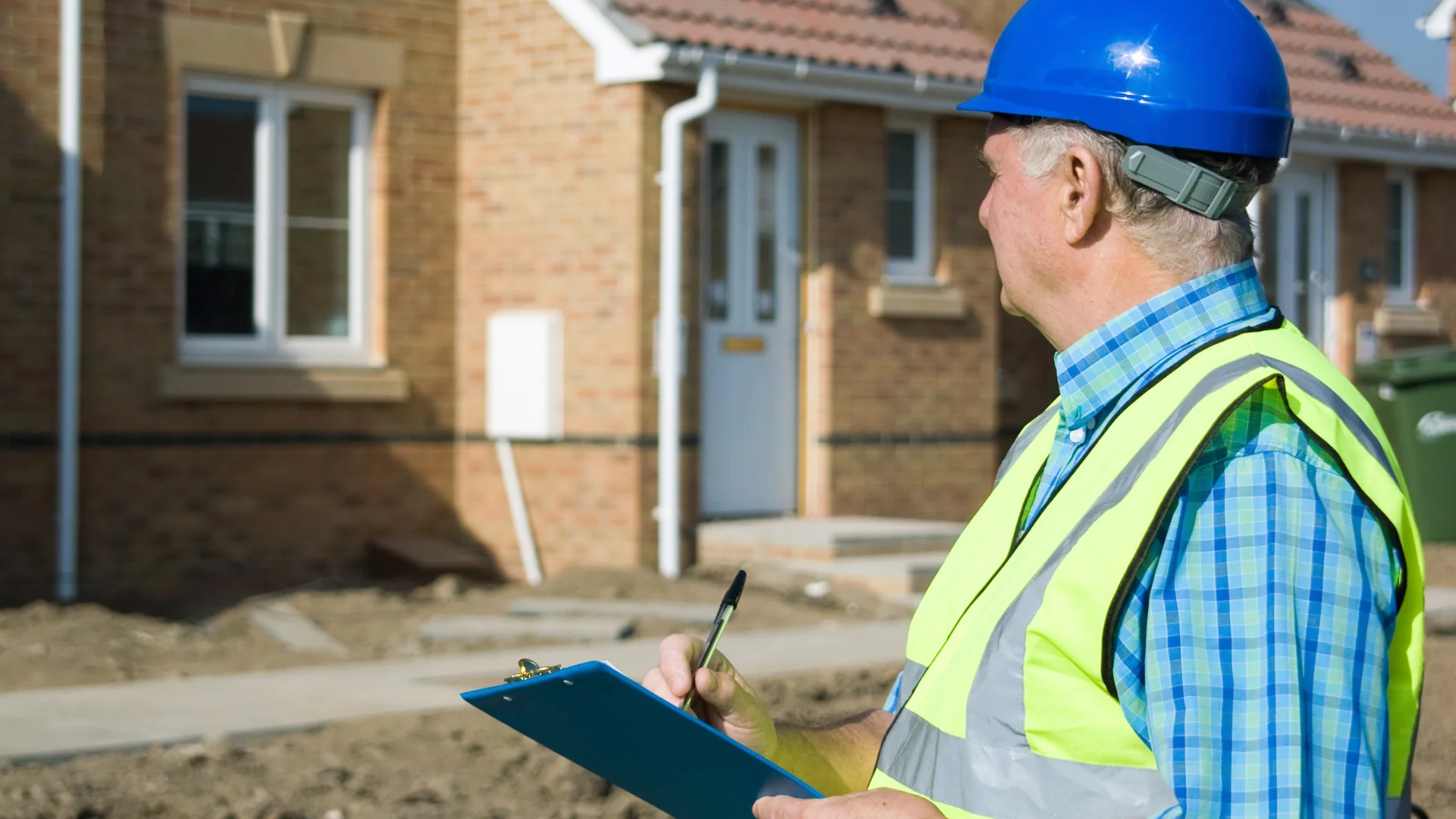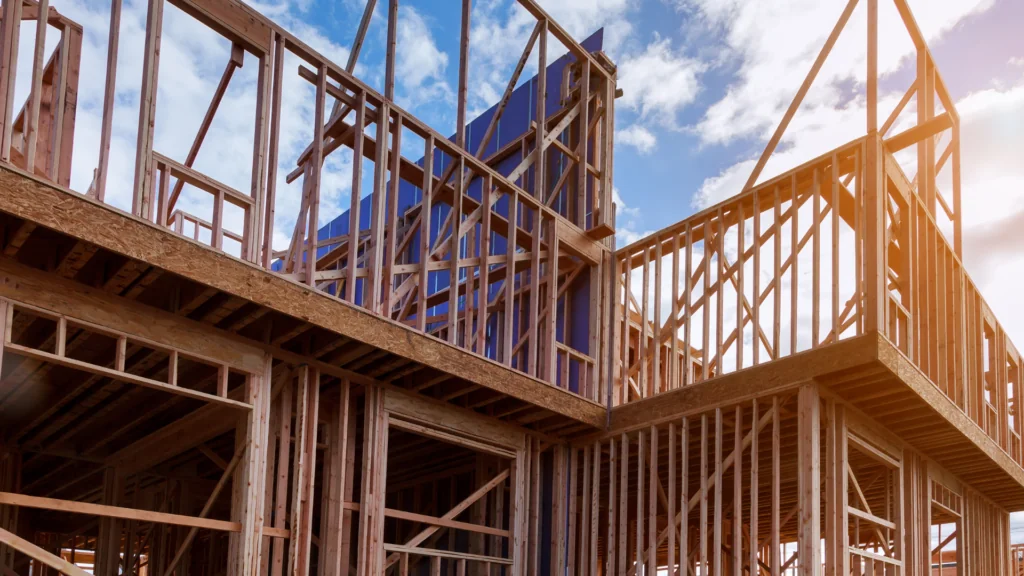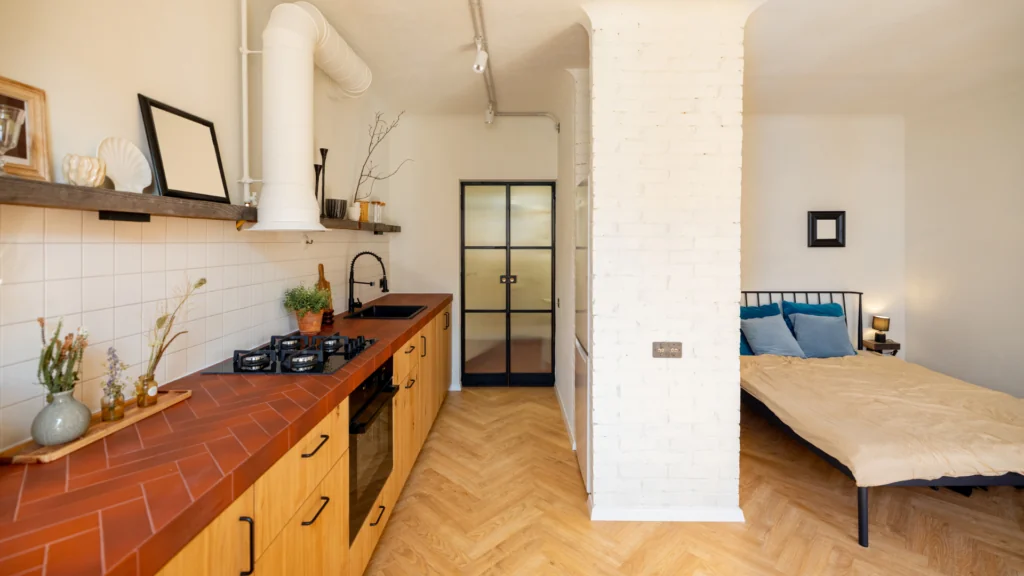What To Do If Mortgage Survey Is Lower Than Expected

Buying, selling, or remortgaging a home already has plenty of steps. Then, just when things seem on track, the surveyor steps in to assess the property’s worth.
Sometimes, though, they give a lower number than you hoped, and that can cause problems.
Especially if you’ve planned your budget and are expecting a good mortgage offer.
It’s frustrating, but don’t worry. You’re not alone, and there are ways to deal with it.
In this article, we’ll explain what happens if a surveyor undervalues your property, why it might happen, and what you can do about it.
We’ll look at undervalued properties in the context of mortgage surveys, remortgaging, and the best way to keep your plans on track.
What Happens If the Surveyor Undervalued the House?
A mortgage valuation is essential for securing a mortgage or remortgage. It’s a check to see if your property is worth what you think it’s worth.
But what if the surveyor undervalues your home?
If a surveyor gives your property a lower valuation than expected, it can cause problems. Here’s why:
- Buying a Home: If you’re buying a house, a low valuation means you may need to increase your deposit or renegotiate the purchase price.
- Remortgaging: A low valuation can limit the amount you can borrow, leading to higher interest rates or smaller loan amounts.
- Selling a Home: A low valuation could force you to lower your asking price to secure a sale.
To put it simply, let’s say you agreed to buy a house for £300,000, but the surveyor values it at £280,000.
In this case, the lender will only lend based on the £280,000 valuation.
This means you’ll need to cover the £20,000 gap, either by increasing your deposit or renegotiating the price.
If you’re remortgaging, a lower valuation can also be disappointing. Let’s say you’re counting on a £250,000 valuation but only get £230,000.
This could mean missing out on a better rate and facing higher monthly payments.
Selling? A low valuation for the buyer’s mortgage can also be tricky.
The buyer may need to lower their offer to get their loan approved, which might mean adjusting your price to keep the sale on track.
In short, a lower valuation can lead to a smaller loan, a bigger deposit, or some deal adjustments.
But don’t worry too much. Speak with your lender or mortgage adviser, and you’ll often find a way to keep things moving forward.
Why Would a Surveyor Undervalue a House?
Surveyors don’t pull numbers out of a hat. There are solid reasons why a property may be undervalued, and understanding these can help you see the bigger picture.
- The Asking Price Is Too High. Sellers sometimes have a tendency to overestimate their property’s worth, especially if they’ve been advised by an optimistic estate agent. Surveyors are there to make sure the lender isn’t giving away too much money for a property that isn’t worth it, so if the asking price is unrealistic, they’ll say so.
- Property Condition. Maybe the surveyor has noticed issues like damp, outdated wiring, or structural problems. These issues can quickly bring down a property’s value because they often mean extra costs for repairs or upgrades.
- Market Conditions. The local market also plays a role. If houses in your area aren’t selling for as much as they used to, your valuation might be lower as well. The property market, like the British weather, has its ups and downs, and valuations reflect that.
- Comparable Sales. Surveyors look at similar properties that have recently sold in the area. If your house is priced above recent sales, the valuation might come in lower. The idea is to make sure that if the lender needs to sell the property in the future, they’d be able to do so at the estimated value.
- Desktop Valuations. In some cases, surveyors don’t even visit the property but rely on online data—a so-called desktop valuation. This approach is often used for speed and convenience, particularly for lower-value properties or remortgaging cases. But, the drawback is that desktop valuations can miss important details such as recent renovations, unique features, or issues that can only be spotted in person. This means the valuation might come in lower than expected, as it lacks the nuance of an in-person assessment.
What Are Your Options If Your Property Is Undervalued?
An undervaluation doesn’t mean the end of your property dreams—far from it.
Here are some ways to handle it:
Renegotiate with the Seller
If you’re buying and the surveyor’s valuation comes in lower than the agreed price, you have the option to go back to the seller and renegotiate.
After all, if the house is officially valued lower, the seller might be willing to lower their asking price – especially if they’re eager to sell.
It’s worth a try, and having a professional valuation report as backup makes your case stronger.
For example, if a home is valued at £20,000 less than the agreed price. The seller may decide to meet you halfway and reduce the price by £10,000.
While this doesn’t cover the entire shortfall, it can make the purchase more affordable and reduce the additional deposit you’d need to put down.
Increase Your Deposit
If renegotiation isn’t on the cards or doesn’t cover the gap, you could look at putting down a larger deposit.
Lenders are more comfortable lending less money because it reduces their risk.
Of course, this is only an option if you have the funds available—it’s not always realistic for everyone.
Challenge the Valuation
You can appeal the valuation, though this can be a bit of an uphill battle.
To be successful, you’ll need to provide strong evidence that the valuation is wrong. This might include recent sales of similar properties at higher prices or proof of any improvements made to the property.
For example, if similar homes in the area with the same number of bedrooms have sold for significantly more, you can use this data to support your case.
While challenges are rarely successful, if you truly believe there’s been a mistake, it’s worth a go.
Get a Second Opinion
If you’re set on the property, consider approaching another lender. Different lenders use different surveyors, and one might value the property higher than the other.
But, keep in mind this can delay the process, add extra costs, and there’s no guarantee of a better result.
Fix Any Issues Highlighted
If the surveyor flagged issues with the property, like damp or a dodgy roof, it might be worth negotiating with the seller to fix these problems before the sale goes ahead.
Alternatively, if you’re the seller, you could address these issues yourself to get a better valuation next time.
For instance, resolving damp issues or upgrading outdated electrical systems can lead to a more favourable valuation and help the sale progress more smoothly.
What About Remortgaging an Undervalued Property?
Remortgaging an undervalued property can be disappointing, especially if you were hoping for a better rate or to release some equity.
But don’t worry—you’ve got options. Here’s what you can do:
Appeal the Valuation
If the valuation comes back lower than you expected, you can appeal.
Gather proof, like recent sale prices of similar homes in your area or records of upgrades you’ve made.
If you’ve recently renovated the kitchen or added a conservatory, make sure to point this out. These improvements can help increase your property’s value.
Try Another Lender
Sometimes, getting a fresh look can help. A different lender might give you a new valuation, though this could mean added costs and some extra time.
Some lenders work with local surveyors who know the area well and might offer a more favourable value.
Wait It Out
If appealing or switching lenders isn’t an option, it might be worth waiting.
Property values can change over time, and a bit of patience might get you a better deal later.
You could also consider making small, affordable improvements, like tidying up the front garden or fixing minor repairs—these little touches might help boost future valuations.
Even if the valuation isn’t ideal right now, you still have ways to keep things on track.
What Can Sellers Do If Their Property Is Undervalued?
If you’re a seller and your property has been undervalued, it can feel frustrating. But there are ways to handle it. Here are some options you can consider:
- Adjust Your Asking Price. Consider lowering your price to match the valuation. While it’s not ideal, this can help secure a quicker sale, especially if your buyer is struggling to get their mortgage approved.
- Make Improvements. If the valuation is low due to your property’s condition, making some cost-effective upgrades can help. Fix issues like damp or outdated wiring, and even small updates—like fresh paint or new fixtures—can improve the valuation.
- Offer Buyer Incentives. If reducing the price isn’t an option, think about offering incentives, such as covering part of the buyer’s closing costs or including appliances. This can make the deal more appealing despite the low valuation.
- Wait for a Better Market. If you’re not in a hurry, waiting for improved market conditions could work in your favour. Property values can rise over time, so a delay might lead to a higher valuation.
- Challenge the Valuation. You can appeal the valuation if you believe your property is worth more. Use recent sales of similar homes or proof of renovations as evidence. Be prepared, though, as this process can take time.
Key Takeaways
- An undervaluation happens when a surveyor values your property lower than you expected, which can impact your mortgage or remortgage options.
- Common reasons for undervaluation include a high asking price, property condition, local market trends, and recent sales of similar homes.
- If your property is undervalued, you can try to renegotiate the price, add to your deposit, challenge the valuation, or check with another lender.
- For remortgaging, you might appeal the valuation, approach a different lender, or wait for market conditions to improve.
The Bottom Line
Dealing with an undervalued property can be challenging, but it’s not the end of the world.
Whether you’re buying, selling, or remortgaging, there are steps you can take to work through the situation.
Keep calm, explore your options, and remember—the right property deal is out there, even if it takes a bit more time to find it.
A trusted broker can be a great help, guiding you through valuations and keeping your property journey on track.
Get in touch with us, and we’ll help you match with a qualified mortgage broker who can help solve your mortgage valuation concerns.
Get Matched With Your Dream Mortgage Advisor...

Frequently asked questions
What should I do if the surveyor undervalued my house?
Start by trying to renegotiate the price with the seller. If that’s not possible, consider increasing your deposit or challenging the valuation. You may also consider switching lenders for a different perspective.
Can I challenge an undervaluation?
Yes, but you’ll need solid evidence like recent sales data or proof of property improvements. Keep in mind that appeals are often unsuccessful, so it’s important to have realistic expectations.
Is a mortgage valuation the same as a property survey?
No. A mortgage valuation is to assess the property’s value for lending purposes, while a property survey is more detailed and highlights potential issues in the property. It’s advisable to arrange a property survey separately if you want a thorough inspection.
Should I switch lenders if my valuation is too low?
It’s an option, but it’s not guaranteed to give a better result and will add time and costs to the process. Consider it if you’re committed to the property and other options aren’t viable. Keep in mind that different lenders use different surveyors, which may yield a different outcome.




